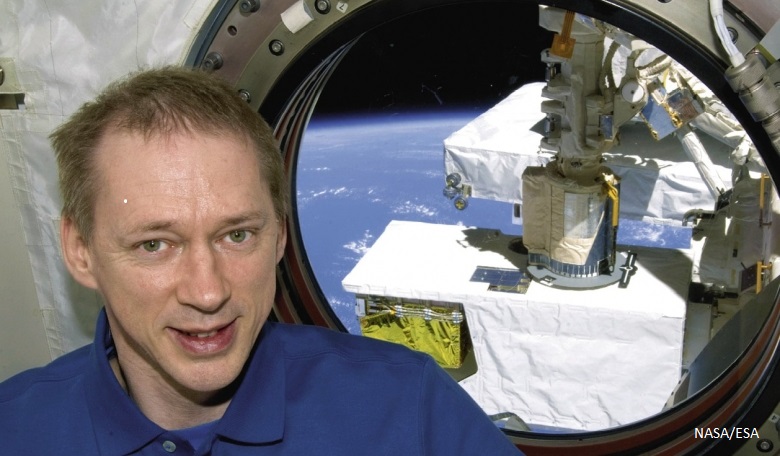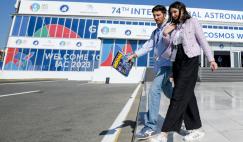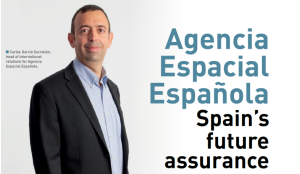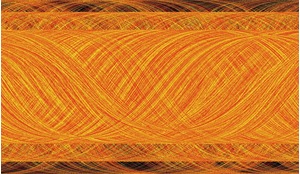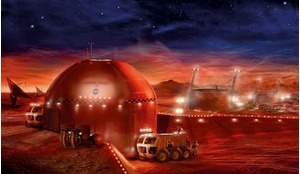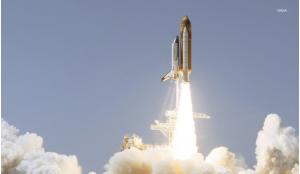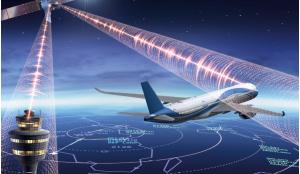Frank De Winne joined the European Space Agency’s Astronaut Corps in January 2000 and made his first spaceflight to the International Space Station (ISS) in 2002 in support of the Odissea mission. He served as a flight engineer and conducted 23 experiments in life and physical sciences, some using Europe’s Microgravity Science Glovebox. As part of Expedition 21, in 2009, Frank became the first European commander of the ISS. One of his tasks was to operate the Station’s robotic arm to dock Japan’s first H-II Transfer Vehicle (HTV). After his mission, he chaired the technical committee of the second EU-ESA Space Exploration Conference in Brussels in 2010. Frank became Head of ESA’s European Astronaut Centre in Cologne, Germany in August 2012. Since 2017, he has been in charge of Space Station operations at ESA, and in 2020 became ESA’s ISS Programme Manager. Kirill Pletner, Editor-in-Chief of ROOM’s sister publication Aerospace Sphere Journal, caught up with Frank De Winne to obtain his perspective on human space exploration, from priority areas in ESA’s work to a personal view on current space trends.
What are the responsibilities of the European Astronaut Training Centre?
The European Astronaut Training Centre has three main functions. The first is of course to train the astronauts who fly to space. This includes the basic training of new ESA astronauts and mission specific training including those astronauts from the ISS partners, which includes aspects of training on ESA’s Columbus module and the European Science Programme and other elements of life aboard the ISS.





